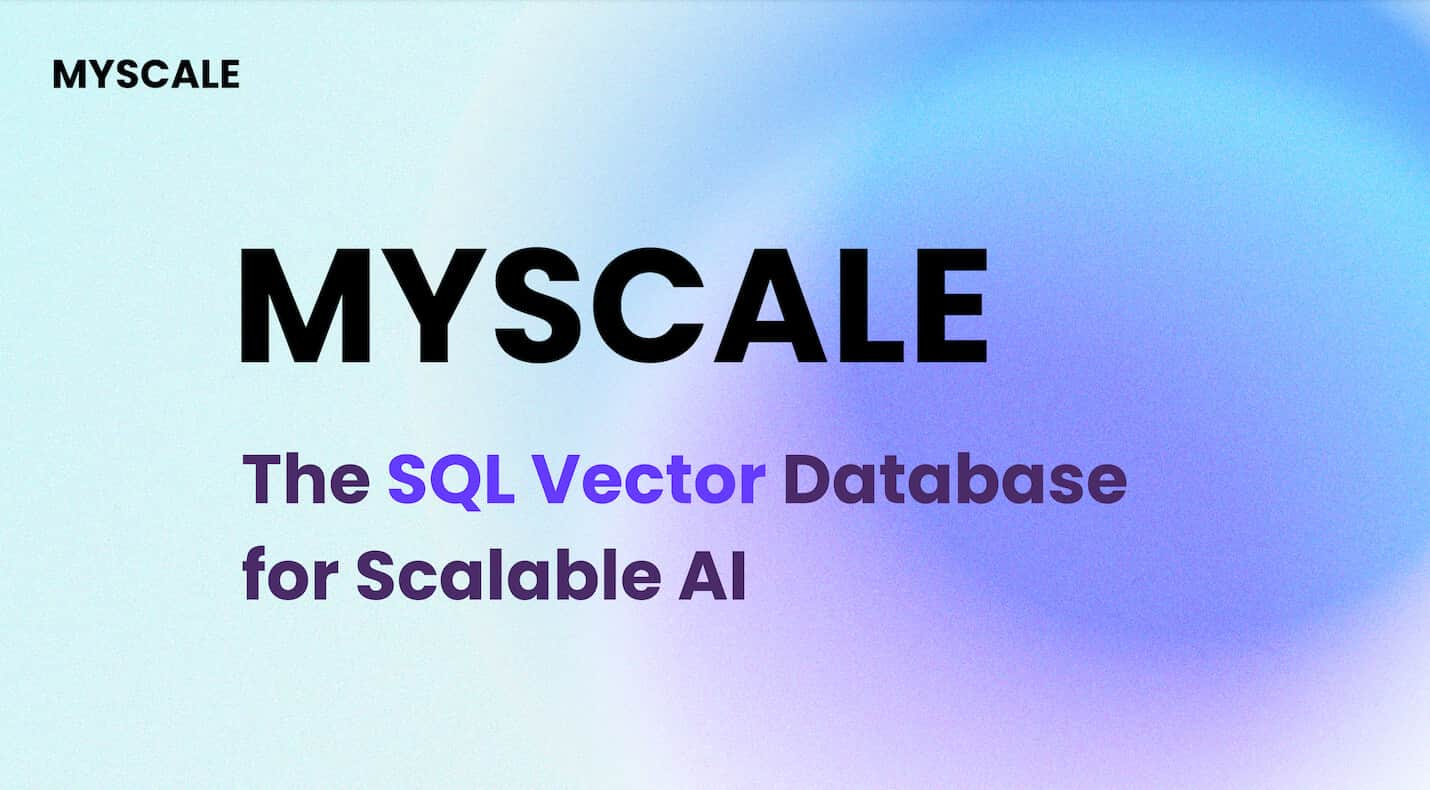
# Understanding Vector Store (opens new window) and Vector Database (opens new window)
In the realm of data management, vector store and vector database play pivotal roles in handling complex data structures efficiently.
# What is a Vector Store?
# Definition and Basic Functionality
A vector store is a specialized system designed to store and manage vectors, which are mathematical representations of data points in a multi-dimensional space. These systems excel at quick retrieval and comparison of vector data, making them ideal for applications requiring similarity searches or recommendation systems.
# Common Uses of Vector Stores
Vector stores find extensive utility in various domains such as e-commerce for product recommendations, content-based image retrieval systems, and personalized advertising. Their ability to swiftly process high-dimensional data makes them indispensable for tasks demanding rapid query responses.
# What is a Vector Database?
# Definition and Core Features
On the other hand, a vector database goes beyond storage capabilities by offering advanced querying functionalities tailored specifically for vector data. It not only stores vectors but also provides optimized mechanisms for similarity searches, anomaly detection (opens new window), and pattern recognition (opens new window).
# Primary Applications of Vector Databases
Vector databases are instrumental in diverse fields (opens new window) like healthcare, finance, and bioinformatics (opens new window). They power recommendation engines by analyzing user behavior patterns, aid in medical imaging diagnostics (opens new window) through pattern recognition algorithms, and enhance fraud detection mechanisms by identifying anomalies in financial transactions.
By understanding the unique functionalities of vector stores and vector databases, organizations can leverage these tools effectively to streamline their data operations.
# Exploring the World of Vector Store
In the vast landscape of data management, vector stores stand out as specialized systems tailored for efficient handling of vector data structures. These unique entities offer a distinct set of features that cater to the intricate needs of modern data applications.
# Key Features of a Vector Store
# Efficient Data Storage
Vector stores are optimized for seamless storage and retrieval of high-dimensional vectors (opens new window). Unlike traditional scalar-based databases, they excel in managing complex vector embeddings (opens new window) efficiently. By offering streamlined mechanisms for storing and accessing vectors, vector stores ensure rapid query responses and enhanced data processing capabilities.
# Versatility in Data Types
One significant advantage of vector stores lies in their versatility across various data types. They are purpose-built to handle the challenges posed by high dimensionality and diverse data formats. This flexibility enables organizations to work with a wide range of data structures, from text documents to image representations, with ease and precision.
# Advantages and Limitations of Vector Store
# Pros of Using Vector Store
Optimized Semantic Search (opens new window): Vector stores provide advanced semantic search capabilities, allowing for quick and accurate retrieval of similar vectors (opens new window).
Efficient Nearest Neighbor Search (opens new window): With specialized optimizations for nearest neighbor searches, vector stores enhance the speed and accuracy of locating similar data points.
Scalability for AI Applications: Designed for machine learning workloads (opens new window), vector stores offer optimal scalability and speed, making them ideal for AI-driven tasks.
# Cons of Using Vector Store
Limited Support for Structured Data: While excelling in unstructured data management, vector stores may face limitations when dealing with highly structured datasets.
Complexity in Query Optimization: Managing complex queries involving high-dimensional vectors can sometimes pose challenges in terms of query optimization and performance tuning.
# Diving into Vector Database
In the realm of data management, a vector database stands as a specialized tool optimized for handling high-dimensional vector data efficiently. Unlike traditional databases that struggle with the complexity and size of such datasets, vector databases are purpose-built to manage vectorized data seamlessly.
# Essential Characteristics of a Vector Database
# Optimized for Vector Data
A key strength of vector databases lies in their ability to enable high-dimensional search and customized indexing (opens new window). This optimization makes them well-suited for applications like similarity search, artificial intelligence, and machine learning. By focusing on efficient storage and retrieval of vast quantities of vector data, vector databases revolutionize processes such as machine learning model training and similarity searches.
# Purpose-built for Managing Vector Embeddings (opens new window)
Vector databases offer a well-established approach to managing large volumes of data at scale. Specifically designed for storing vector embeddings and providing high-performance access to these embeddings, they excel in scenarios where relationships and similarities between data points are crucial. This capability is particularly valuable in projects requiring real-time processing of massive datasets while maintaining accuracy and speed.
# Benefits and Drawbacks of Vector Database
# Advantages of Vector Database
Efficient Similarity Search (opens new window): Vector databases provide an efficient solution for similarity searches, making them ideal for applications like product recommendation systems, image search, natural language processing, fraud detection, and recommendation engines.
Optimized Storage: With specialized mechanisms for storing cosine similarity (opens new window) values and multi-dimensional vectors efficiently, vector databases ensure quick access to complex data structures without compromising on performance.
# Challenges with Vector Database
- Complex Query Optimization: Managing queries involving large-scale vector datasets can pose challenges in terms of query optimization and performance tuning. Ensuring optimal query execution while dealing with high-dimensional vectors requires careful planning and resource allocation.
# Vector Store vs. Vector Database: Choosing What's Best for You
# Comparing Performance and Use Cases
When considering the optimal solution for your data management needs, it is crucial to evaluate the performance and use cases of vector stores versus vector databases.
# When to Use a Vector Store
For applications requiring swift retrieval and comparison of vector data, especially in scenarios like e-commerce product recommendations or content-based image retrieval systems, a vector store proves highly efficient. However, when dealing with large-scale low latency recommendations (opens new window) or demanding workloads that necessitate advanced querying functionalities, a vector database emerges as the superior choice.
# When to Opt for a Vector Database
In situations where relationships and similarities between data points are pivotal, opting for a vector database is paramount. These specialized databases excel in facilitating vector embedding, similarity searches, and handling high-dimensional data with precision (opens new window). Consider leveraging a vector database for tasks demanding real-time analysis and insights extraction from complex datasets.
# Making the Right Decision for Your Needs
To make an informed decision tailored to your specific requirements, several factors should be taken into account:
Evaluate the complexity and scale of your data.
Consider the need for advanced querying functionalities.
Assess the importance of real-time analysis and similarity searches.
Expert recommendations emphasize considering vector databases for their ability to handle high-dimensional data efficiently while ensuring fast retrieval and optimized indexing mechanisms. By aligning your needs with the strengths of each system, you can make an informed choice that enhances your data operations effectively.



